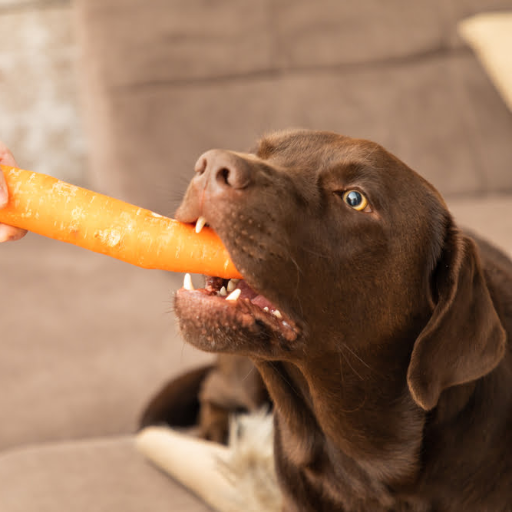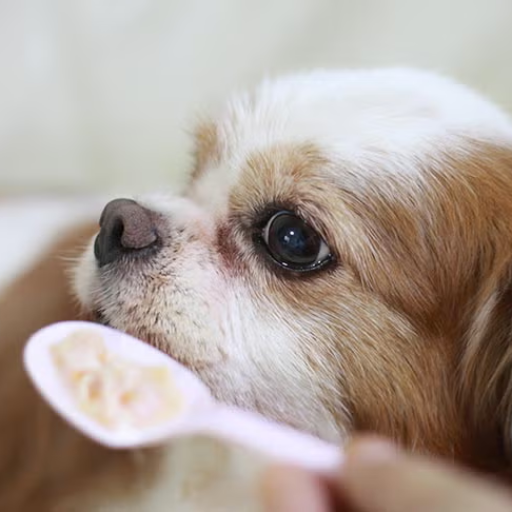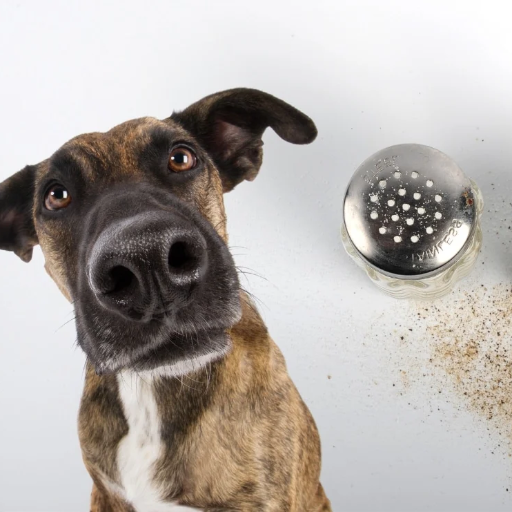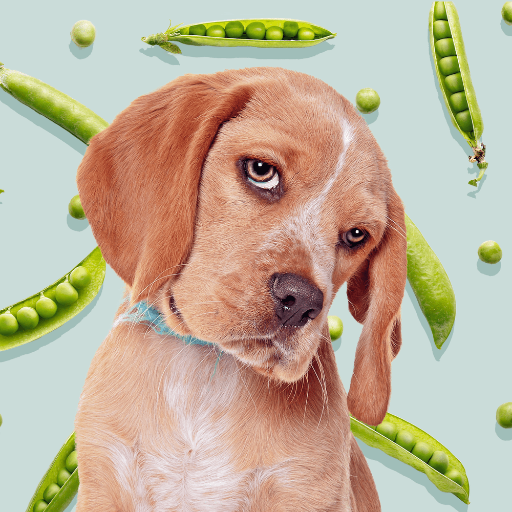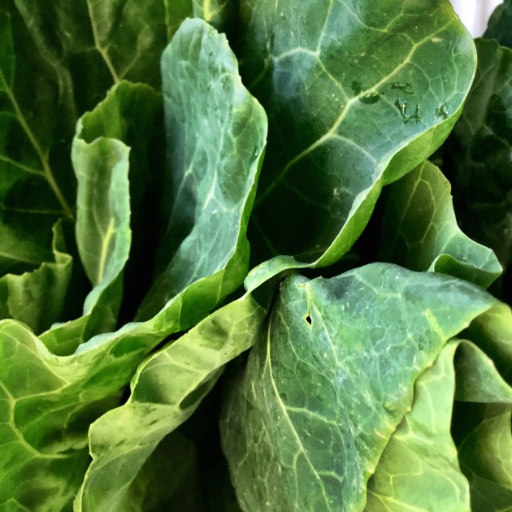Owning a pet has a range of benefits, but with it comes the responsibility of cleaning after the pet. Regardless if you are a dog owner or a cat owner, the question of hygiene usually arises, where should the poop go? Can I flush the poop down the toilet? This article will provide answers to all your queries while providing you a better understanding on the Hows and Whys of disposing pet waste. Keeping the environment, the household and community at large, safe should be deemed as priority. Best practices will be provided and if you are looking to maximize your disposal habits, or are a first time pet owner, then this article should be more than enough.
Is it safe to flush dog poop down the toilet?

Possible threats to plumbing and septic systems
For a dog owner, it’s common to ask whether flushing down dog poop is bad. The answer is yes, and that’s because of the plumbing and septic systems. While sufficient for human bodily waste, most municipal treatment plants are not equipped to handle pathogens associated with dog poop. For homes connected to septic tanks, dog waste can throw off the balance of bacteria needed for proper septic system operation, which could cause damage and possible blockages. If you’re not sure whether your system is designed to dispose of the pet waste that way, make sure to follow local guidelines and get in touch with an expert on the subject.
Revolutionary Methods for Disposal of Pet Waste
There can be numerous solutions that can cater with the problems posed while discarding dog waste at a septic tank or a waste treatment facility. Not only do these ensure environmental safety, but they also ensure that the systems function. Biodegradable dog waste bags are a great solution because that aids in discarding the waste in the pet waste disposal bins scattered at several public places. Composting is an alternative, eco-friendly option but should only be done with the help of the systems built specifically for pet waste as standard means of composting may fail to destroy harmful bacteria. Furthermore, pet waste digesters serve the purpose and can be placed in yards or even on large tracts of land, decomposing the waste almost naturally while keeping the waste under control. With the use of these methods, a more effective and environmentally sustainable method of dealing with pet waste can be achieved in a pet owner’s home without causing any disturbance to the owner’s plumbing system.
Health implications linked to the act of flushing canine excrement
If ever asked the question of whether to flush dog waste or not, I would answer with considering the associated risks. I found out that I am not only at risk of severe pollution, and so are standing or running waters, as dog waste is contaminated with pathogens such as E. coli and even various parasites that may withstand standard water treatment procedures. In my personal opinion, it is very unwise to do so, as canine waste composting with specialized systems or using a pet waste digester is an alternative that is far safer and more environmentally friendly. By doing these things, I believe I am ensuring the safety of my house, the society, and the environment.
What are the alternatives to flushing dog poop?
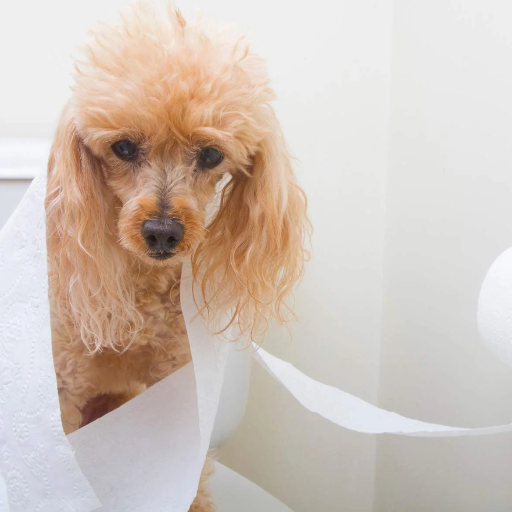
Ways to dispose of pet waste responsibly
One great option to consider is to get your own pet waste bins or pet waste bags to collect pooping dog and flushing it. Such bags are biodegradable and make it easy to gather the waste without causing much damage to the environment. Pet waste is normally thrown in trash bins located around cities and is most times disposed of in a landfill that allows for such waste. Another option is to explore composting, but it’s essential to ensure that such a system is specialized in dealing with pet waste and sanitizing harmful pathogens. Similarly, pet waste digesters are useful; they work like composters but are pet waste digesters which make them even more efficient. These systems carry out natural waste processes and help make the dumping or use of pet waste in non-edible plants much safer. But in whichever method one uses, one must keep in mind the transmission of diseases and environmental dangerous effects.
Sustainable ways to dispose of Dog Poop
Although cleaning up after dogs can be a cumbersome task, it is essential, and doing this properly can make all the difference. An excellent method I have discovered is to use biodegradable pet waste bags. This technique is not only straightforward, but it is also efficient as they disintegrate once disposed of in designated bins. Additionally, I have researched various systems for composting which can be a more ecological alternative to dumping waste. While more research is needed, this method has the potential to neutralize harmful pathogens to some extent. Another method I have looked into is a pet waste digester; this technique also relies heavily on natural processes for decomposition and the weight this technique, in my opinion, adheres to environmental protection principles. In my opinion community protection and environmental protection go hand in hand, regardless of the technique I use, I always dispose of the waste correctly.
How does flushing dog poop affect septic tanks?
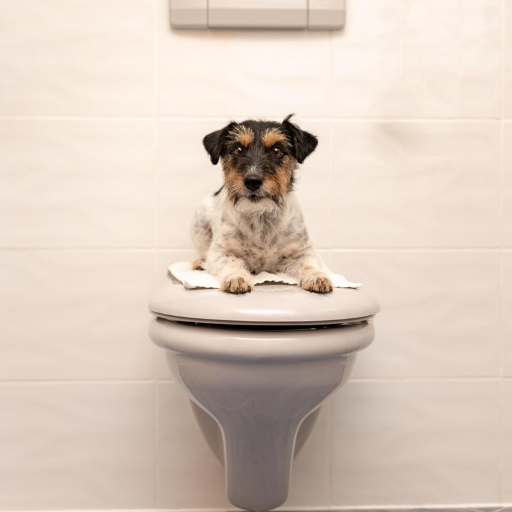
Effects of flushing dog poop in the toilets
It is best to leave flushing your dog’s poop in your toilet. It can affect the working of your septic system. Canines, unlike humans, many more types of parasites and bacteria in their excrement. This has detrimental impact on the beneficial bacteria tasked with breaking down waste. This shows how a change in the bacteria can affect the functioning of the system. Moreover, canines’ excrement has a higher carbon-nitrogen ratio, meaning that excessive flushing will damage the septic system over time. There is also the issue of contamination. Depending upon your sewage treatment plants, flushing animal waste may or may not be acceptable. So be sure to check with your local sewage treatment plants about flushing pet poop. For these reasons, you’re better off looking for other options to manage dog poop. A lot of septic systems will thank you. And help solve the worldwide problem of contamination of soil and rivers.
Long-term impacts of septic tank service
When it comes to practicing good practices in keeping the septic system in a healthy state, I’ve come to the realization that flushing dog poop down the toilet is not a viable option. Compared to human feces, dog poop has a different bacteria and parasites which can disturb the tiny bacterial ecosystem inside the tank. Such intrusion could have an adverse effect on the efficiency of the tank in breaking down the waste material. I also discovered that dog excrement contains high levels of nitrogen which over time adds more pressure to the system. For my part, I’d rather go for other dog waste disposal options which are environmentally safe as I don’t want to see my septic tank getting contaminated or damaged. Besides, I ensure I review the local waste disposal laws to avoid careless practices.
Can flushing dog poop clog your toilet or pipes?

Threat of Clogs In Household Plumbing
The biological structure of dog poop is different, and its fibrous nature makes it more likely to clog pipes than human feces. This results in unsanitary conditions which require you to hire a plumber and which can lead to unforeseen costs. Not only this – plumbing and sewage systems are built for people’s excretion and toilet rolls since both are easer to break to tiny bits, not for excreted wastes from animals. In the case, of your residence having older or narrower piping implies the potential for getting blocked is increased. Instead try flushing non metallic bins and special dog waste disposal bags to avoid excess plumbing problems before they arise.
Similarities between human waste and dog waste in pipelines
I generally refrain from flushing dog feces through the toilet as it can be disastrous for my plumbing. In terms of composition, dog feces tend to be quite dense and fibrous, they can be very different from human waste which means that do not break apart easily. Over time this could result in a significant blockage, particularly in the case of older or narrower plumbing! I also learned that animal waste does not belong in a household plumbing system, which is designed to efficiently dispose of human waste and toilet paper. To circumvent such costly damages, I simply place the feces in the designated dog poop bag and throw it in the right bins instead of risking my pipes.
What do experts say about flushing pet waste?

Guidelines from EPA on Environmental Protection
The flushing of pet faeces down the toilet is highly discouraged by the Environmental Protection Agency (EPA) as defined in their guidelines. This, according to them, can lead to the discharge of pathogens into the water bodies which pose a risk to their residents- bacteria and parasites are some of the pathogens. Additionally, dog faeces can be problematic for sewage treatment plants as they can cause machine malfunctions and ineffective treatment processes. In place of this, the EPA recommends disposing of pet faeces in trash bins or throwing them in a composting site. If done securely, composting is deemed environmentally friendly. When such practices are followed, plumbing and the environment can co-exist without any harm.
Advice from Plumbing Experts
In my research, plumbing experts almost always agree that flushing pet waste down a toilet is a bad idea. They insist that all in-house plumbing systems have specific restrictions in place, the most clearly defined of which is human waste and toilet paper. Pet waste usually has a different density and composition than human waste and can generate blockages or excessive stress on the pipes. Moreover, flushing non-flushable items like dog waste bags further complicates the issue, leading to pipe clogging and sewage system damage. Following their advice, I made sure not to flush any pet waste and instead place them inside a biodegradable bag and throw them in the waste bin. This method is safe for my plumbing and further helps me follow the advice of experts.
Reference sources
Frequently Asked Questions (FAQs)
Q: Is it safe to dump dog poop using the toilet?
A: It may be tempting to use the toilet when throwing away dog poop, but this practice is not safe. Animal waste, in the form of dog feces, may also contain parasites which can be detrimental to human health and once released into the plumbing, it takes a long time to treat the water to remove this bacteria. This bacteria is extremely harmful and flushing any animal waste can cause the sewage systems to be affected as well.
Q: Is there a possibility of being affected if I dispose dog poop using the toilet?
A: There are numerous concerns which arise from flushing dog poop down the toilet. Damage to the sewage treatment plants can occur, the pipes can get clogged and also sewage systems take a big hit in the process of flushing. All of this can lead to various environmental concerns since the dog waste are parasites and bacteria which are extremely harmful to human health and water treatment won’t be able to eliminate all of them.
Q: Is it safe to dispose of animal waste using wipes which state that it is safe to flush?
A: No, pet owners should not ever use wipes with their pet’s feces as it can lead to various environmental and health concerns. Even though these wipes have been marketed as flushable, they can still contribute to blockages in the sewer and also using the animal waste leads to causing problems with the plumbing systems.
Q: Are there special instructions on how to dispose of dog poop?
A: Yes, dog owners have to dispose of the yielded dog poop by picking it up with a poop bag and then throwing that away in trash bins. Some locations still have designated pet waste collection locations where you can throw such leftovers. You can also compost dog waste but there are limitations as to what this kind of compost can be applied to, such as food plants.
Q: Should the cat litter and poop be flusheable
A: Never. The cat litter must never be flushed down because cat poop contains toxoplasma gondii parasite that is dangerous to sea animals and the treatment of water is unable to kill this parasite as well as moist absorbing cat litter that is designed to be flushable but still clogs the pipes. As a result when the prohibitive measures aimed at protecting marine life are set, pet owners will lose out on decent options to dispose of their pets waste.
Q: Why don’t we flush animal waste in toilets but you can flush your waste in the toilet dissolved in water?
A: Your waste goes out of you which is unique to every person and therefore human sewage systems have been made for that. Animal waste can consist of viruses or parasites and bacteria that are not meant to be in our systems. Moreover, other characteristics of animal waste can differ and cause plumbing problems.
Q: How Many Dog Poops are Flushed Annually On Toilets?
A: Exact estimates cannot be determined but we do estimate that a large amount of dog poop is flushed down toilets every year which is equivalent to a sizeable number of swimming pools. This improper disposal can be a huge headache for sewage plants as well as the environment.



